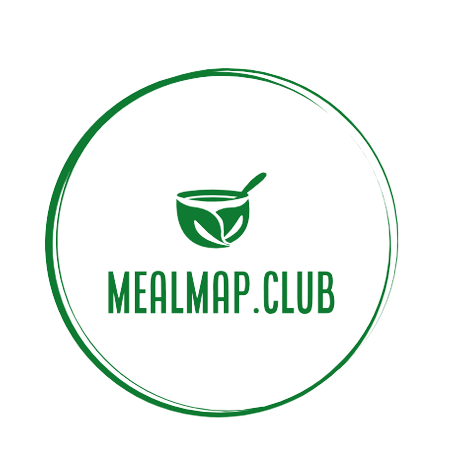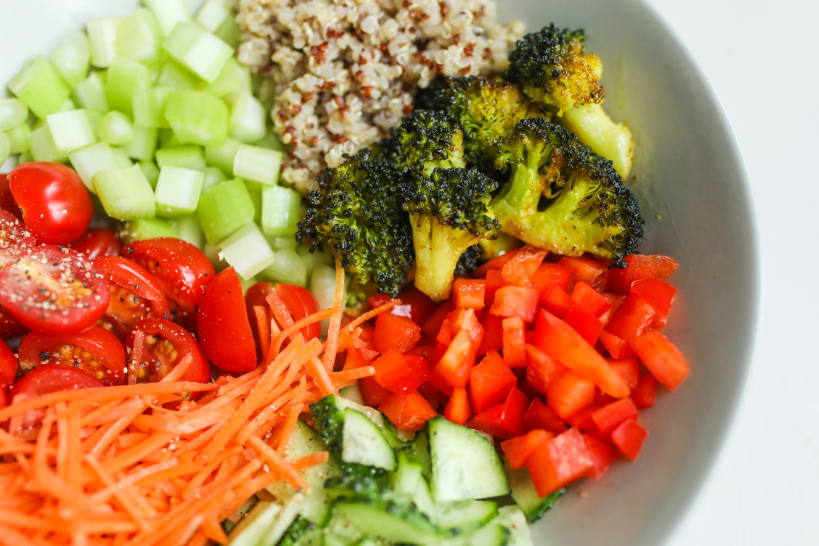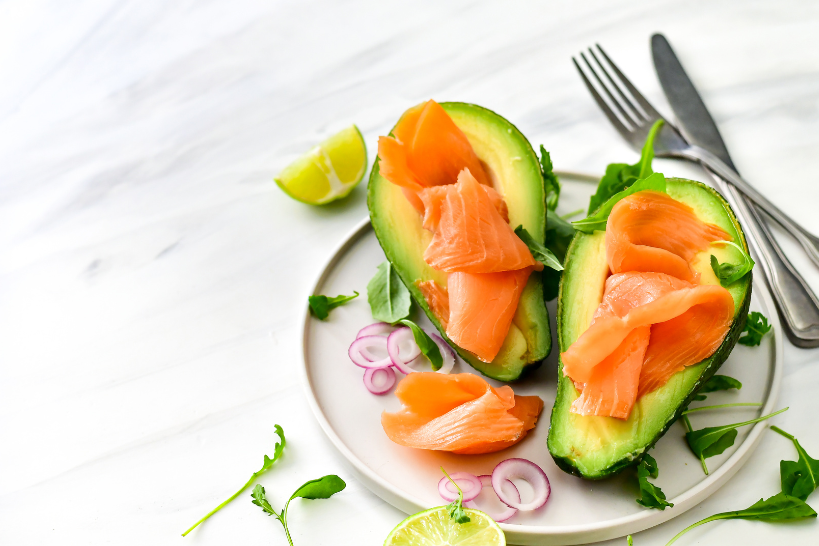The Vegan Diet is a plant-based dietary approach that excludes all animal products, including meat, dairy, eggs, and often other animal-derived ingredients.
Adherence to a vegan diet can be driven by various reasons, including ethical beliefs, environmental concerns, health benefits, or a combination of these factors.
Key Features of the Vegan Diet:
- No Animal Products: The core principle is abstaining from meat, poultry, fish, dairy, eggs, and other animal-derived ingredients like gelatin.
- Plant-Based Focus: Foods consumed are derived entirely from plant sources.
- Foods to Eat: Vegetables, fruits, grains, nuts, seeds, legumes, beans, tofu, tempeh, plant-based milk alternatives, and many more.
- Foods to Avoid: Beyond obvious meat and dairy, vegans also avoid honey, gelatin, certain colorings, and other hidden animal-derived ingredients.
- Nutrient Attention: Particular attention is often needed for nutrients primarily found in animal products, such as vitamin B12, vitamin D, omega-3 fatty acids, iron, calcium, and protein.
In summary, the vegan diet is a plant-based approach excluding all animal products. While it offers several ethical, environmental, and health benefits, careful planning is essential to ensure nutritional needs are met.










Morina Fellers –
I’ve been on a vegan diet for a while, focusing entirely on plant-based foods and avoiding all animal products. While I’ve enjoyed discovering new recipes and feeling good about the environmental impact, I’ve struggled with ensuring a balanced intake of nutrients like protein and B12.